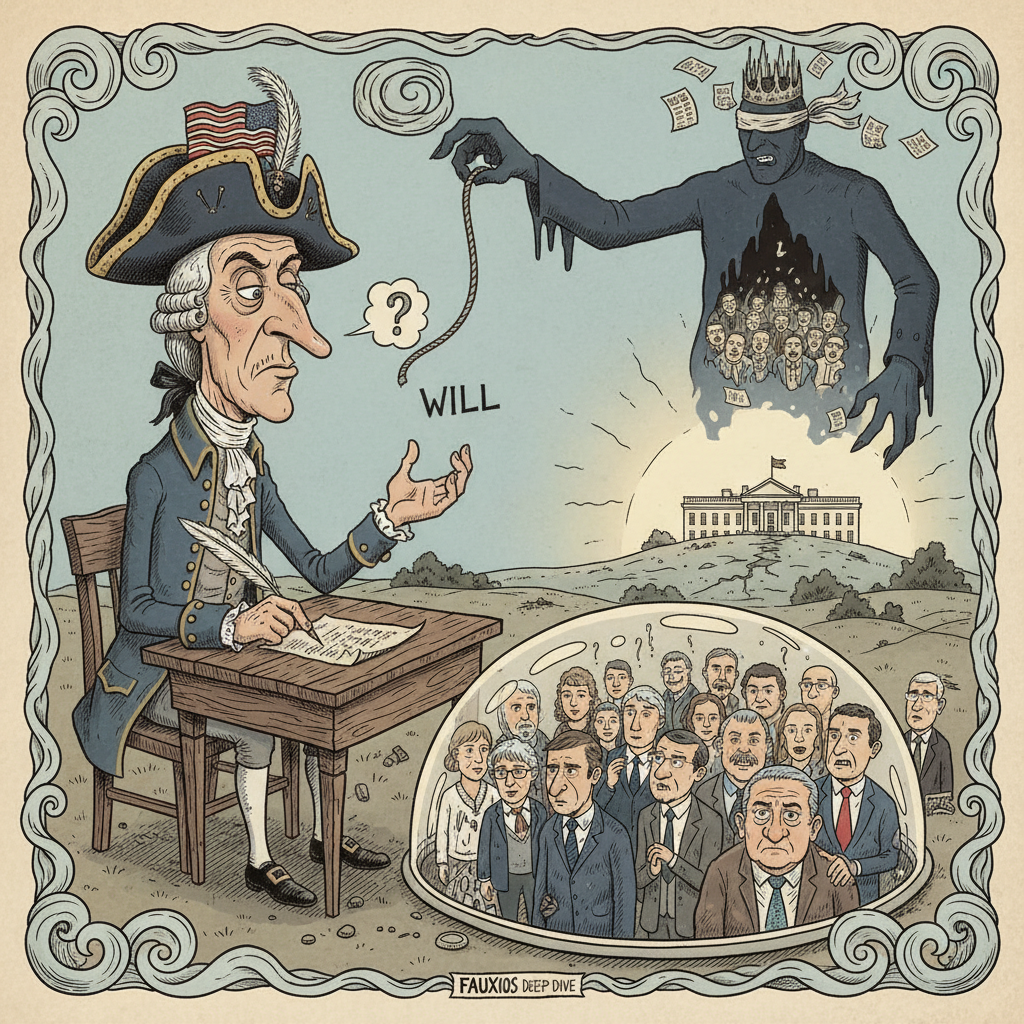Diplomatic protocols were subtly strained this week as Vice President J.D. Vance publicly stated his profound personal "insult" over the Israeli Knesset's decision to advance West Bank annexation.
Details:
- Vice President Vance conveyed his deep displeasure to diplomatic channels, asserting that the Knesset's legislative action constituted a direct affront.
- This sentiment echoes the visceral indignation of eighteenth-century colonists facing British parliamentary decrees on matters of local governance and territorial disposition.
- The core of the grievance lies not in the policy itself, but in the perceived unilateral exercise of power by a legislative body deemed insufficiently beholden to the interests of the affected party.
Why it Matters:
The Vice President's vocalized "insult" transforms a foreign policy matter into a peculiar echo of America's founding grievances against external authority. It reveals a modern expectation: that a sovereign legislature's actions, even on its own territory, must align with Washington's unspoken will, lest its leaders feel personally affronted. This sentiment, from a global power, mirrors colonists' indignation at unrepresented will. As John Dickinson declared, "If, without our consent, others may, as by right, take it from us, we are not free." Vance's reaction ironically frames the Knesset's independent act as such a "taking," embodying an anachronistic demand for global deference, akin to colonial pleas for self-governance.
